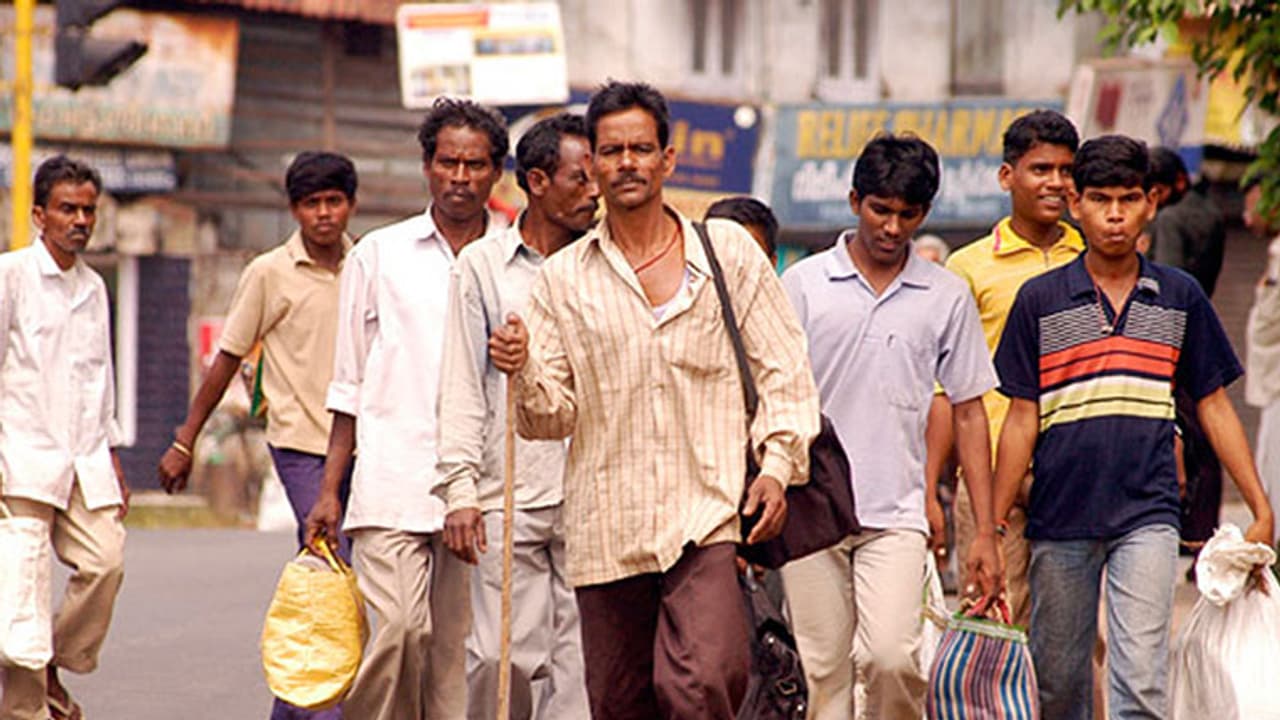Three Bangladeshi migrant communities settled in Karnataka to be included in the scheduled caste list Law Minister T B Jayachandra said that the government will send the proposal to the National Commission for Scheduled Castes This comes across as a political move when the congress is gearing up for the 2018 elections
Namasudra, Poundra and Rajbanshi, three Bangladeshi migrant communities in Karnataka, will be given the status of Scheduled Caste, the state government has said.

Talking to reporters on Wednesday, Law Minister T B Jayachandra said, “There are 8024 Namasudra members, 118 Poundara members and 107 Rajbansi members in the state. They were in Bangladesh before they moved to West Bengal and came to Karnataka, they have settled mostly around Sindhanur region in Raichur district. They have Indian citizenship and are voters here."
Sindhanur MLA Badarli Hampana Gouda told TOI: "These Bangladeshi refugees were given five acres each and have continued with agricultural activities. They were treated as general category and deprived of the benefits extended to SC communities."
Inclusion Of Scheduled Castes In The Constitution
The name’ Scheduled Castes’ was first mentioned in the Government of India Act 1935. The name was for the Panchama, the fifth class who were separate from the four varnas or castes. These were the untouchables.
After India’s independence and the drafting of the constitution, scheduled tribes were also added. A clamour arose for the Shudras, who were also discriminated against by the other castes, to be included in the list of scheduled castes. The Kalelkar Commission and the Mandal Commission prepared lists of such castes, called Other Backward Classes. These were mainly the economically backward Shudras.
In recent times, many communities have demanded to be included in the list of scheduled caste or OBC for the benefits provided to them. A proposal goes to the Registrar General of India, and later to the National Commission for Scheduled Castes. Finally, it is the President who gives the assent to the inclusion or exclusion of a caste from these lists.
Why the inclusion?
But why is the Karnataka government including them on the list now? These Bangladeshi migrants had come to India during the 1971 war when these communities were being persecuted in their homeland. Most of them hold voter cards and have already been given lands. Congress has a history of developing vote banks among minorities by various methods of appeasement. The party has also been gearing up for the 2018 elections. And the latest wins of its opponent BJP in Uttar Pradesh and Uttarakhand has made the Congress top brass jittery. And at a time when the opposition for caste-based reservations has gained tremendous traction, this comes as a step backwards for the Congress.
And so while the inclusion of the communities in the schedule caste list may be of some benefit to them, it is only a move by the Congress to gain political mileage.
